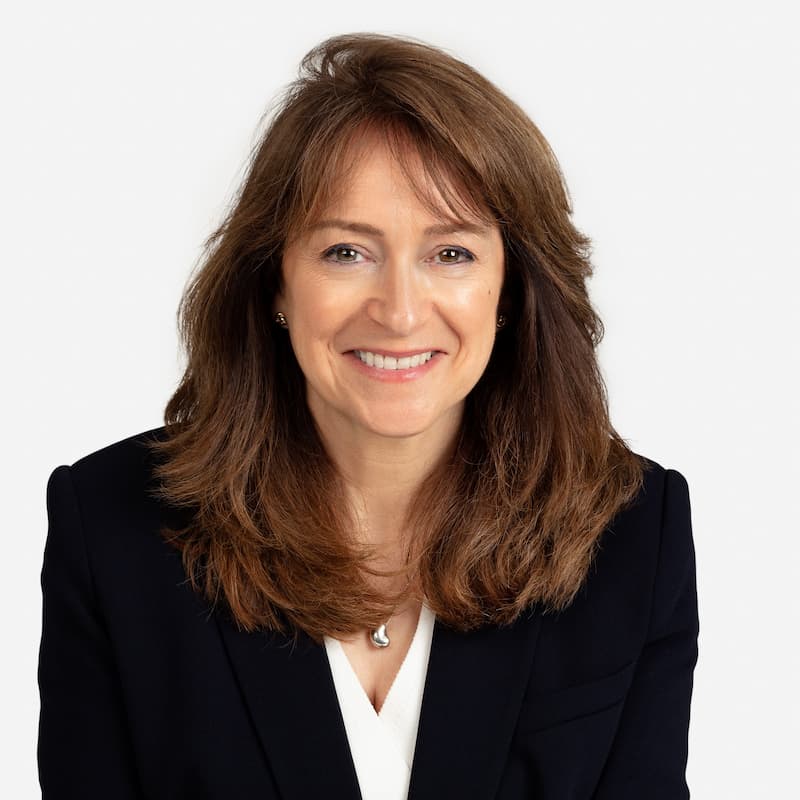Trust Estate
Advisors Must Practise What They Preach To Clients On Succession

We talk to the CEO of Crestbridge Family Office Services about succession planning within the industry itself, and how firms must apply the same care to their own organisation as they would expect from their clients.
Wealth advisors like to talk a great deal about business
transfer, succession and planning, but they will be listened to
more closely if they “walk the walk” as well as "talk the
talk.”
Firms must be as adept at handling their own business succession
as they expect from clients to be, Heather Tibbo, chief executive
at Crestbridge
Family Office Services, told WealthBriefing
recently.
In July last year, US-based Gen II Fund
Services bought Crestbridge’s institutional businesses for an
undisclosed sum. After the deal Crestbridge Family Office
Services continued as an independent business, while its sister
organisation adopted the Gen II moniker. That deal was another
example of the kind of M&A activity that’s taking place not
just in wealth management but in the trusts, fiduciary services
and administration sectors. The transaction was wrapped up in
April.
When transactions of any sort take place, it is important to put
clients’ minds at ease – a point sometimes lost in the drama of
deal-making.
“It is important to reassure clients that they’re being looked
after,” Tibbo said.
The transition of the business following the transaction has
worked out well. “It could not have worked out better,” Tibbo
said. “We are all about client service delivery and taking
ownership.”
The change is taking place against a background of geopolitical
upheaval, and developments such as the UK’s decision to phase out
its centuries-old resident non-domicile system. “Potential
non-dom rule changes are a big issue for many businesses causing
many queries from people asking what to do,” Tibbo, who is based
in Jersey, said. “People need reassurance that their affairs will
continue to be managed efficiently.”
The organisation has formed alliances – its joint venture
with Willow Street, for instance – a trust and fiduciary
services business in Jackson, Wyoming. This gives the business
options when it comes to clients with exposure to the US. And the
US has generated plenty of new work with the increased focus on
substance, Tibbo said.
Supporting family offices is an important part of what this
organisation – as its name implies – does, Tibbo commented, at a
time when the world of family offices appears to be expanding,
and gaining more media and business exposure, reflected in a raft
of studies, surveys and reports. (See examples
here and
here.) Estimates vary. EY has claimed that there are as
many as 10,000; other sources suggest a figure closer to
7,000.
Tibbo reflected on how the very term “family office” has to be
handled carefully. “The term can sometimes be a bit nuanced and
used without an understanding of what it really means. At the
heart of it is that people want to be looked after in a bespoke
way,” she said.
